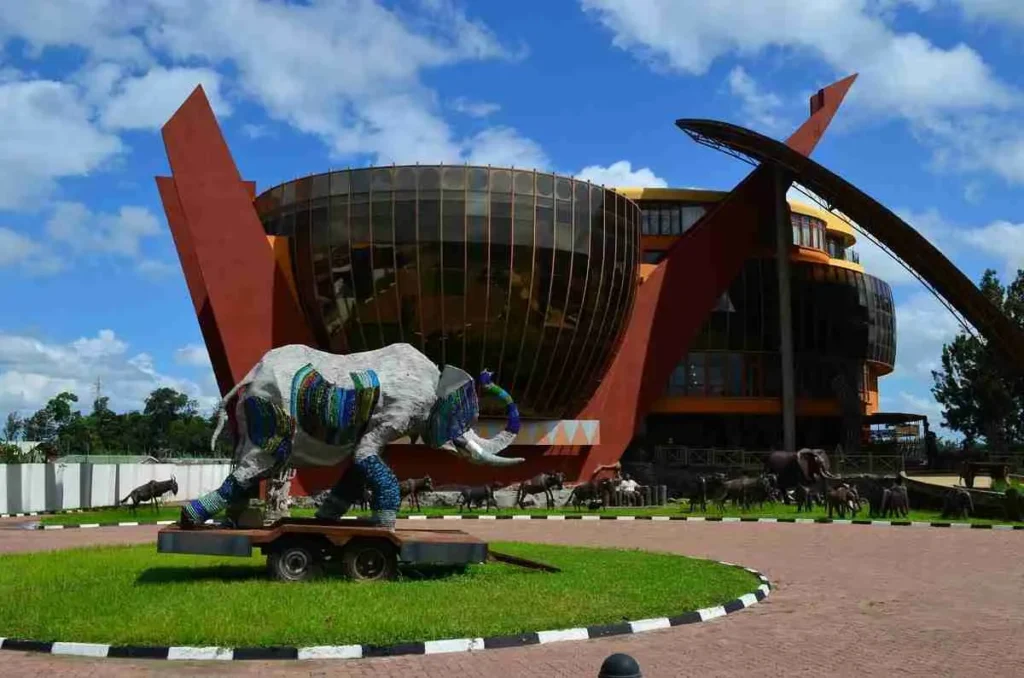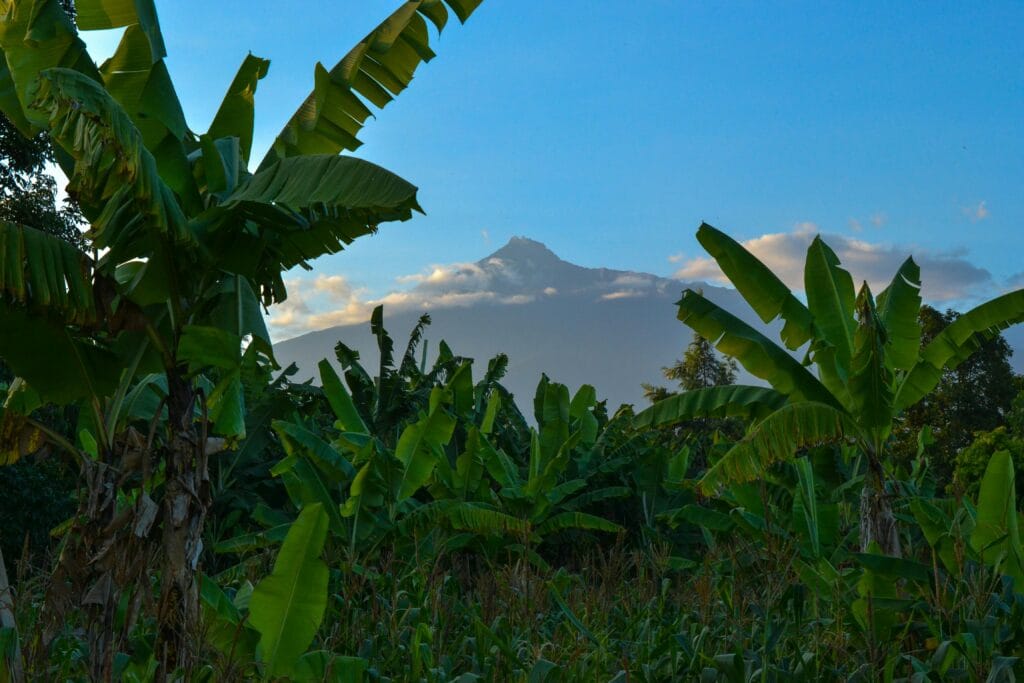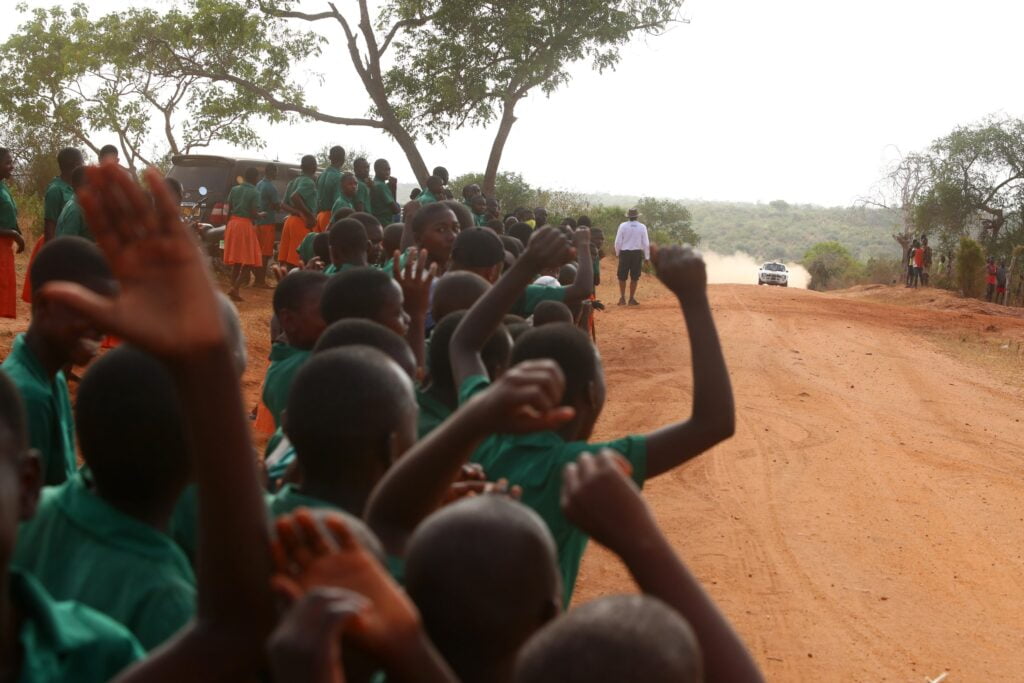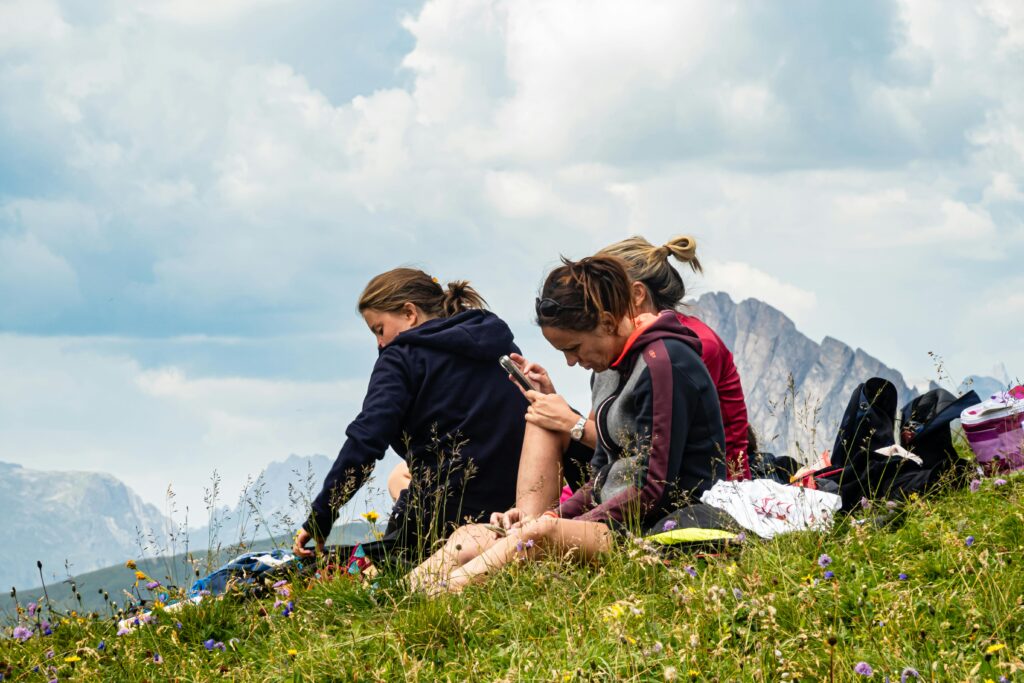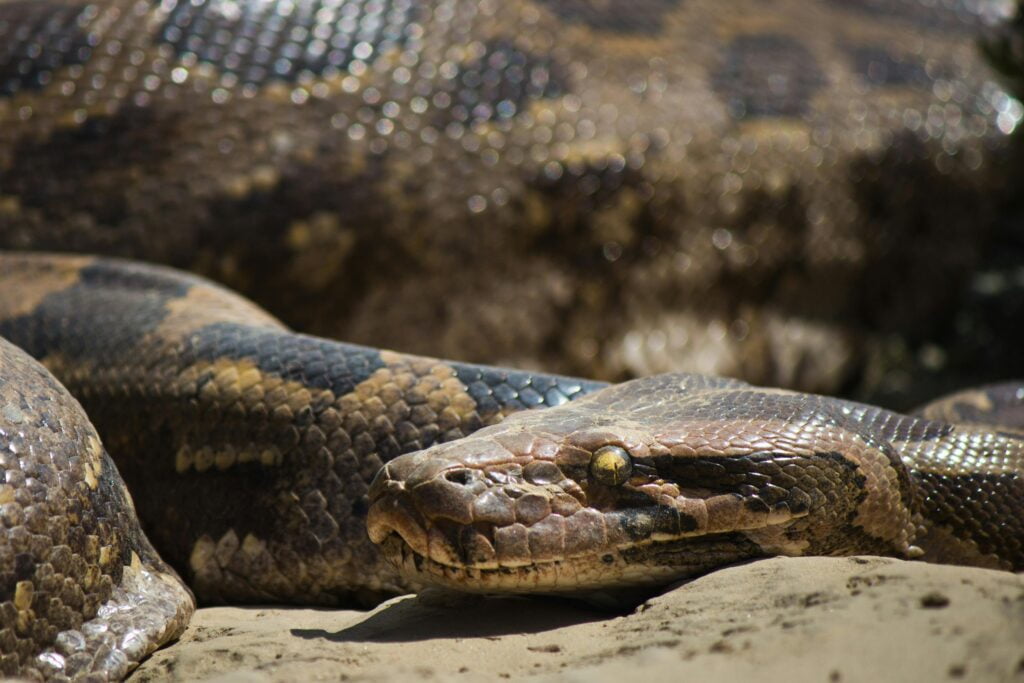From Farm to Table: Experiencing Tanzania’s Culinary Journey
Tanzania is a land of diverse landscapes, vibrant cultures, and rich traditions. While its breathtaking safaris and stunning natural wonders often take center stage, Tanzania’s culinary heritage offers an equally captivating experience. Embarking on a culinary journey with Future African Safari allows you to savor the flavors of Tanzania, from farm-fresh ingredients to traditional dishes that tell the story of the nation’s cultural mosaic. Join us as we explore the farm-to-table journey in Tanzania, uncovering the secrets behind its delicious cuisine and discovering how food connects communities and preserves heritage. The Foundation: Tanzania’s Rich Agricultural Heritage Tanzania’s fertile soils and favorable climate make it an agricultural powerhouse, producing a wide array of fruits, vegetables, grains, and spices that form the backbone of its cuisine. 1. Diverse Farming Practices Smallholder Farms: The majority of Tanzania’s farmers operate smallholder farms, cultivating crops that sustain their families and local communities. These farms emphasize sustainable practices, such as crop rotation and organic farming, to maintain soil health and biodiversity. Commercial Agriculture: In regions like the Usambara Mountains and the slopes of Mount Kilimanjaro, commercial farms produce high-demand crops such as coffee, tea, cloves, and cashews. These plantations not only supply local markets but also export globally, contributing significantly to Tanzania’s economy. Sustainable Agriculture: Embracing eco-friendly methods, many farmers adopt sustainable agriculture practices that minimize environmental impact, reduce chemical use, and promote organic farming. This commitment to sustainability ensures that Tanzania’s natural resources are preserved for future generations. 2. Key Ingredients in Tanzanian Cuisine Staple Grains: Ugali, a maize flour porridge, is a staple in Tanzanian households, often served alongside vegetables, meats, and sauces. Fresh Produce: Tropical fruits like bananas, mangoes, and pineapples, along with vegetables such as sukuma wiki (collard greens), are integral to daily meals. Spices and Herbs: Tanzania’s cuisine is infused with a variety of spices, including cloves, cardamom, cinnamon, and chili peppers, adding depth and flavor to dishes. Proteins: Fish from the pristine waters of Lake Victoria and the Indian Ocean, as well as meats like beef, goat, and chicken, are commonly featured in Tanzanian meals. Market to Plate: Sourcing Fresh Ingredients Exploring Tanzania’s local markets is an essential part of the culinary journey, offering a sensory feast of colors, aromas, and flavors. 1. Bustling Local Markets Kariakoo Market (Dar es Salaam): One of East Africa’s largest open-air markets, Kariakoo is a vibrant hub where you can find fresh produce, spices, meats, and traditional crafts. It’s an excellent place to experience the hustle and bustle of Tanzanian daily life. Shangani Market (Arusha): Known for its wide variety of goods, Shangani Market offers everything from fresh fruits and vegetables to handmade textiles and souvenirs. Engaging with local vendors provides insight into the region’s culinary diversity. 2. Specialty Markets and Farmer’s Markets Usambara Farmer’s Market: Located in the Usambara Mountains, this market highlights organic and locally grown produce, including exotic fruits and specialty vegetables that are integral to traditional Tanzanian dishes. Zanzibar Spice Markets: Zanzibar, renowned for its spice plantations, offers markets bursting with fragrant spices such as cloves, nutmeg, and vanilla. These spices are essential for creating the rich, aromatic flavors characteristic of Tanzanian cuisine. Culinary Experiences: From Cooking Classes to Food Tours Immerse yourself in Tanzania’s culinary culture through a variety of engaging experiences that connect you directly with local traditions and flavors. 1. Cooking Classes Traditional Maasai Cooking: Learn to prepare authentic Maasai dishes using traditional methods and ingredients. These classes often include making nyama choma (grilled meat) and ugali, providing hands-on experience in Maasai culinary practices. Swahili Cuisine Workshops: Delve into the coastal flavors of Swahili cuisine, mastering dishes like pilau (spiced rice), biryani, and pweza wa nazi (octopus in coconut sauce). 2. Food Tours Dar es Salaam Culinary Tour: Explore the city’s diverse food scene, sampling street food, visiting local eateries, and dining at upscale restaurants that offer a fusion of traditional and modern Tanzanian cuisine. Arusha Food Safari: Discover the flavors of Northern Tanzania by visiting local farms, markets, and restaurants, and enjoying tastings that highlight the region’s unique culinary offerings. 3. Farm Visits and Agrotourism Coffee and Tea Plantations: Tour the lush plantations of Arusha and Mbeya, where you can learn about the cultivation and processing of coffee and tea. Enjoy fresh brews and understand the intricate journey from bean to cup. Organic Farms: Visit organic farms that focus on sustainable agriculture, participating in farm-to-table experiences that showcase how fresh, local ingredients are transformed into delicious meals. Farm-to-Table Dining: Savoring Authentic Tanzanian Flavors Tanzania’s farm-to-table restaurants and initiatives celebrate the connection between local farmers and the culinary arts, offering dishes that highlight fresh, seasonal ingredients. 1. Eco-Friendly Restaurants Tingatinga Café (Arusha): Known for its vibrant decor inspired by local art, Tingatinga Café serves dishes made from locally sourced ingredients, emphasizing sustainability and freshness. Samaki Samaki (Dar es Salaam): A popular seafood restaurant that prides itself on using fresh fish and sustainable practices, offering a variety of Swahili-inspired seafood dishes. 2. Farm-to-Table Initiatives Greenfield Organic Restaurant: Located near coffee plantations, Greenfield focuses on organic and locally grown produce, creating healthy and flavorful meals that support sustainable farming practices. Local Cuisine Ventures: Collaborations between restaurants and local farmers ensure that menus are seasonal and ingredients are fresh, promoting a sustainable food system and supporting the local economy. Cultural Significance: Food as a Reflection of Tanzanian Heritage In Tanzania, food is more than sustenance—it’s a vital part of cultural identity and social interactions. 1. Communal Eating and Social Bonds Family Meals: Sharing meals with family is a cornerstone of Tanzanian culture, fostering strong familial bonds and a sense of community. Festive Feasts: Special occasions and festivals feature elaborate feasts that showcase traditional dishes, celebrating heritage and communal joy. 2. Ceremonial Foods Maasai Rituals: The Maasai people have specific foods associated with their ceremonies and rituals, such as mishkaki (grilled meat skewers) served during important gatherings. Swahili Traditions: In coastal regions, Swahili ceremonies often include biriani and mandazi (sweet fried dough), reflecting the fusion of African, Arab, and Indian
From Farm to Table: Experiencing Tanzania’s Culinary Journey Read More »




